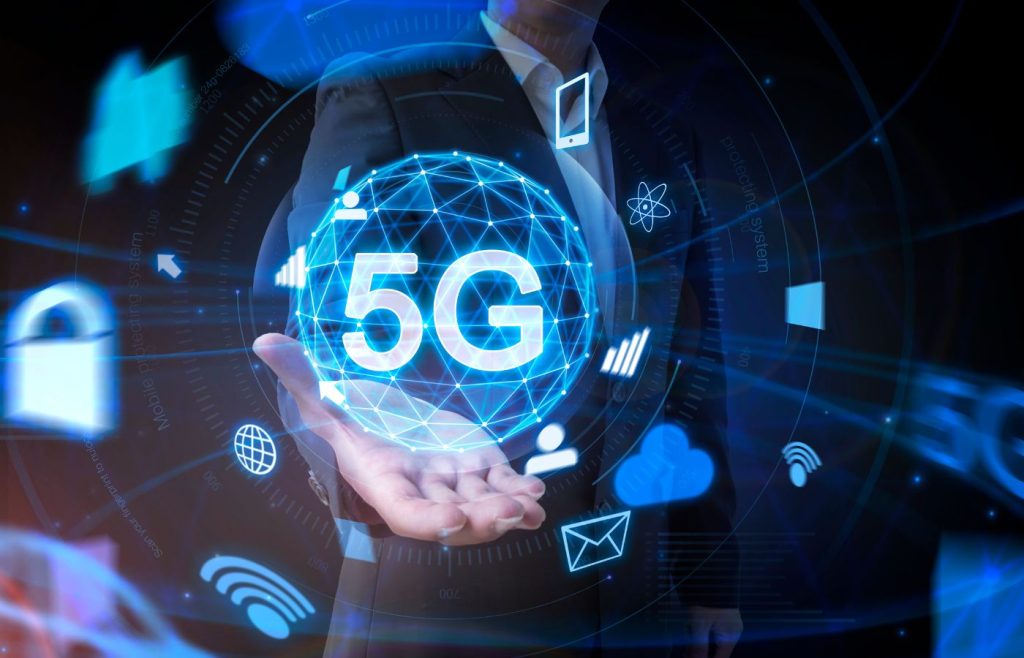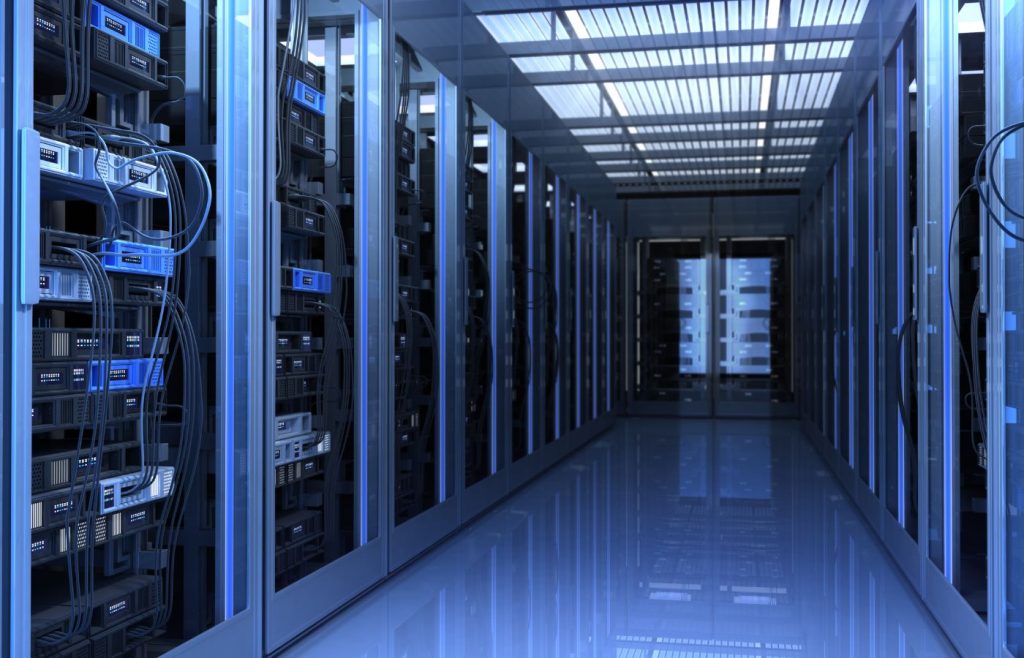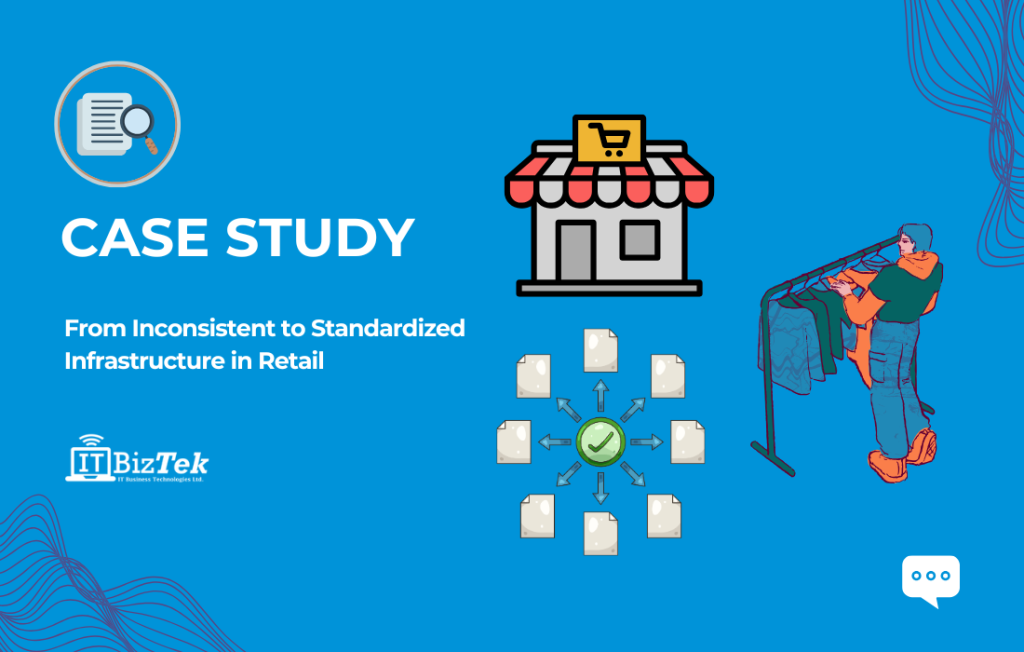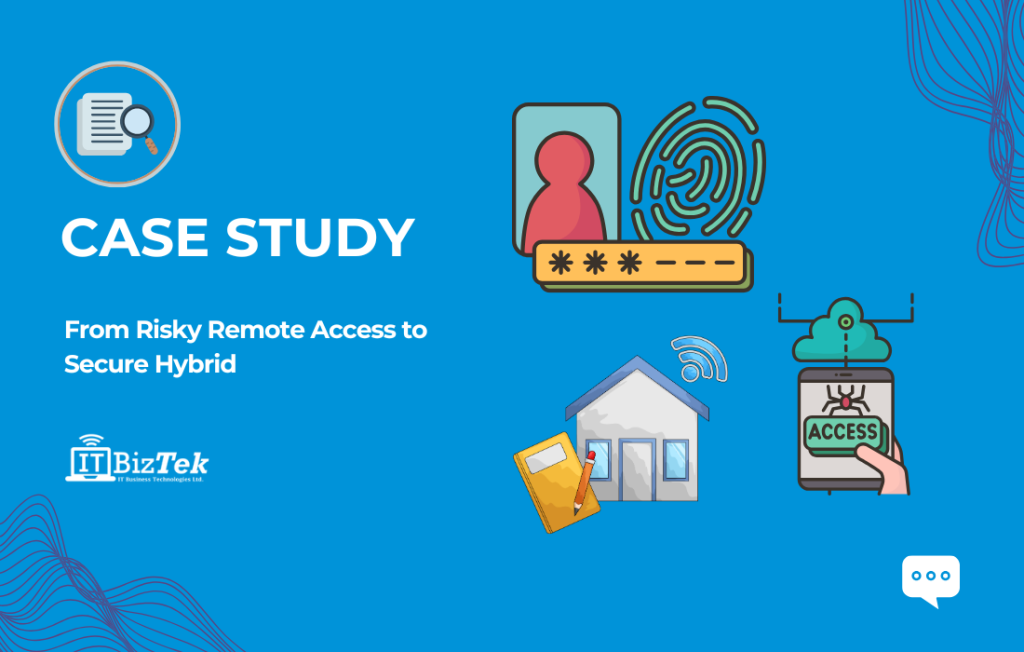The advent of 5G technology is creating waves across various industries, and businesses are starting to recognize its profound impact on IT infrastructure. With promises of ultra-fast speeds, low latency, and massive connectivity, 5G isn’t just about mobile phones anymore. It’s transforming the way businesses operate and, more importantly, how they set up their IT infrastructure.
As we dive into the exciting potential of 5G, it’s crucial to understand what this shift means for businesses like yours and how it will affect your IT operations. Whether you’re running a small startup or managing a large enterprise, the implementation of 5G technology could significantly change how you approach your IT strategy.
Speed and Efficiency: A Game Changer for Businesses
5G’s lightning-fast speeds will open new possibilities for businesses. With speeds that could be up to 100 times faster than 4G, tasks that traditionally took time—like uploading large files, conducting video conferences, or processing complex data—will be completed in a fraction of the time. This means your business will operate more efficiently, with less downtime and quicker results.
For IT infrastructure, this means that businesses will need to adapt by embracing technologies that can leverage these speeds. Cloud services, remote work setups, and real-time data processing are areas that will see significant improvements. The enhanced speeds of 5G will make cloud computing more seamless, offering faster uploads and downloads, as well as improving the performance of critical applications that rely on real-time data.
As your business taps into these advantages, it may be time to consider upgrading your IT infrastructure to fully benefit from 5G’s capabilities. Our IT support services are here to ensure that your systems can handle these advancements smoothly.
Low Latency and Its Benefits for Real-Time Operations
One of the standout features of 5G is its incredibly low latency—often as low as 1 millisecond. For businesses relying on real-time operations, such as financial services, healthcare, and e-commerce, this is a massive leap forward. Low latency will enable more immediate interactions between users and systems, improving the quality of services you can offer your clients.
Think about remote consultations, online banking transactions, or even autonomous vehicle systems—all of which require rapid response times. With 5G, businesses can process and respond to requests much faster, giving them a competitive edge.
This shift will require businesses to enhance their IT infrastructure, including upgrading network architecture to ensure that low latency can be maintained across various systems and processes. Adopting the right IT infrastructure will ensure that your business is set up to handle the demands of 5G with minimal disruptions.
Massive Connectivity: The IoT Revolution
5G is designed to connect millions of devices simultaneously without compromising performance. This capability is ideal for businesses investing in the Internet of Things (IoT). With 5G, your company can connect a large number of devices—smart sensors, machines, or even employee devices- with no performance degradation.
For industries like manufacturing, logistics, and agriculture, this means that businesses can monitor their operations in real-time, get detailed analytics, and make data-driven decisions. However, implementing a large-scale IoT network requires an IT infrastructure that supports this vast network of interconnected devices. Businesses will need to rethink their IT architecture to accommodate this next-generation IoT deployment.
5G will also create more data that needs to be processed, so businesses must ensure that their data management strategies are in place. To navigate this new world, businesses can lean on expert IT support services to ensure that all your devices are interconnected securely and efficiently.
Enhanced Mobile and Remote Work Capabilities
The pandemic has proven that remote work is here to stay for many organizations. With 5G’s faster speeds and low latency, remote employees can now enjoy a working experience closer to what they’d get in the office. High-quality video calls, instant file transfers, and real-time collaboration are just the start of what 5G offers for businesses with remote or hybrid workforces.
To keep up with these needs, businesses will need to ensure their IT infrastructure is robust enough to support secure, fast, and reliable remote work. From upgrading their network security to optimizing their cloud infrastructure, 5G will reshape how businesses approach remote operations.
Additionally, with the possibility of better connectivity in remote locations, businesses can expand their talent pool, as employees no longer need to be tethered to a particular location to work effectively.
The Role of Edge Computing in 5G Networks
While cloud computing has been the go-to solution for data storage and processing, 5G’s ultra-fast speeds and low latency will drive the rise of edge computing. Edge computing involves processing data closer to the source rather than relying on a centralized data center. This is particularly beneficial when dealing with the massive amounts of data generated by connected devices and real-time operations.
For businesses, edge computing enables faster processing, lower costs, and reduced strain on your central servers. As 5G enables more devices and sensors to operate, businesses will need to integrate edge computing into their IT infrastructure to handle the increased demand for data processing.
To ensure you’re on the cutting edge of technology, partnering with the right IT support services is critical to seamlessly adopting edge computing into your infrastructure. Whether you’re working on large-scale IoT deployments or integrating remote work solutions, experts can guide you through the process.
Security Challenges in a 5G World
While 5G brings exciting opportunities, it also presents new security challenges. With more connected devices, data flowing more rapidly, and remote workers accessing networks, businesses will need to stay ahead of potential vulnerabilities.
5G requires an evolved cybersecurity strategy to protect against threats like hacking, data breaches, and attacks on IoT devices. Businesses will need to implement enhanced security measures to safeguard their network infrastructure, such as end-to-end encryption, stronger authentication protocols, and improved intrusion detection systems.
An experienced IT support team will be crucial in ensuring that your business’s security remains airtight as you upgrade to 5G. From evaluating potential risks to implementing the latest security solutions, they can help keep your IT infrastructure safe from the evolving landscape of cyber threats.
Scalability and Flexibility in IT Infrastructure
5G will require businesses to build scalable IT infrastructures that can grow with their needs. From adding new devices to supporting more demanding applications, your infrastructure must be flexible enough to handle future technological advancements.
Businesses will need to adopt cloud-based solutions, virtualized environments, and network slicing to manage this scalability. Having a flexible IT environment will ensure that your business can quickly adapt to the changes 5G brings without disruptions.
Embracing 5G’s Impact on Your IT Infrastructure
The rise of 5G technology is not just a matter of faster internet speeds—it’s a seismic shift in how businesses operate and connect with their customers. As your company looks to capitalize on the opportunities 5G presents, it’s important to understand how it will affect your IT infrastructure.
By leveraging 5G’s capabilities, you can increase operational efficiency, enhance your mobile and remote work capabilities, integrate IoT devices, and adopt cutting-edge technologies like edge computing. However, implementing these changes will require a solid IT foundation. That’s where partnering with the right IT support services becomes essential.
As businesses navigate this new frontier, having an experienced IT team to manage these transitions and ensure your infrastructure is optimized for 5G will be invaluable. Embrace the future with confidence, and let 5G take your business to new heights!









